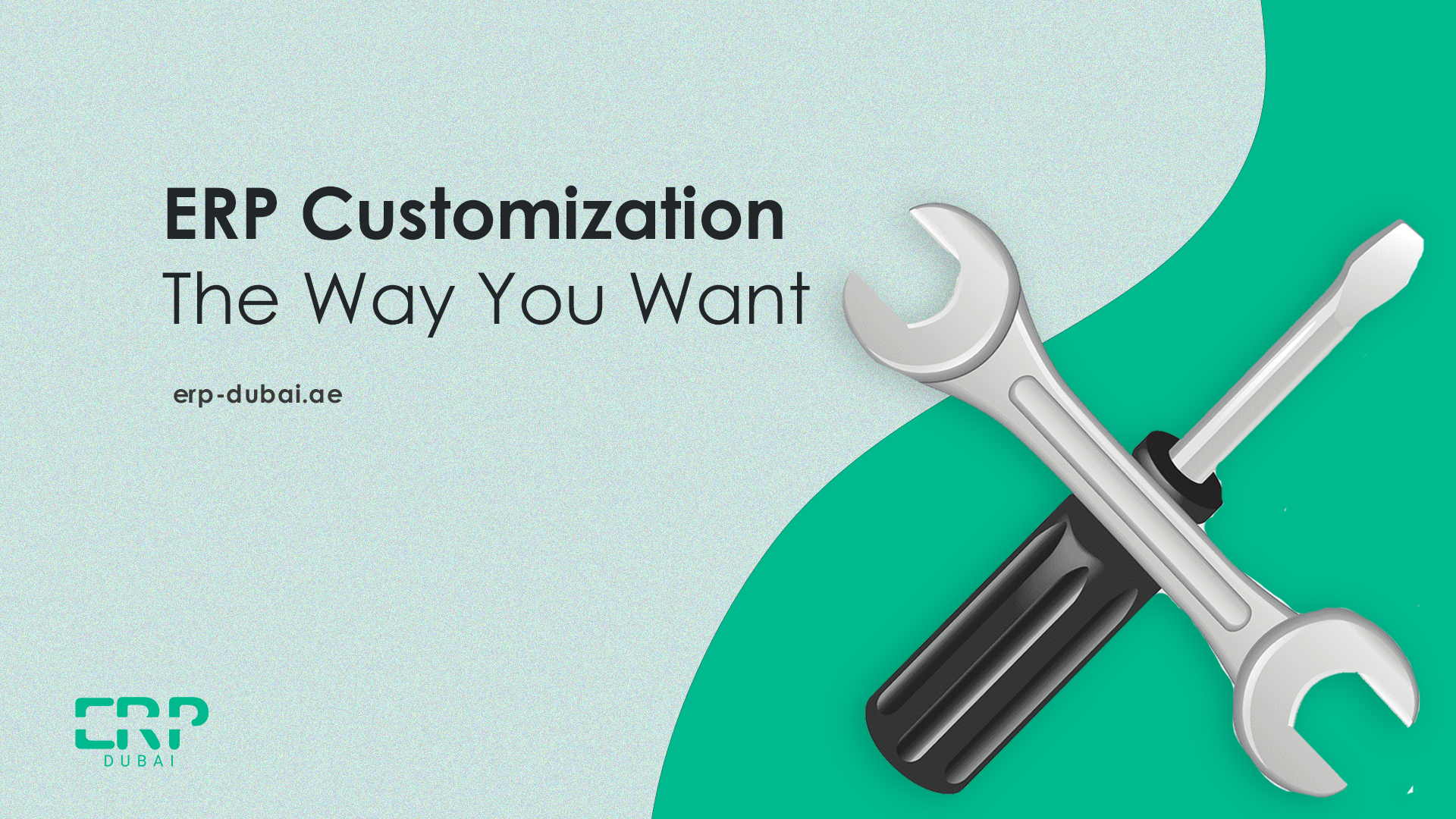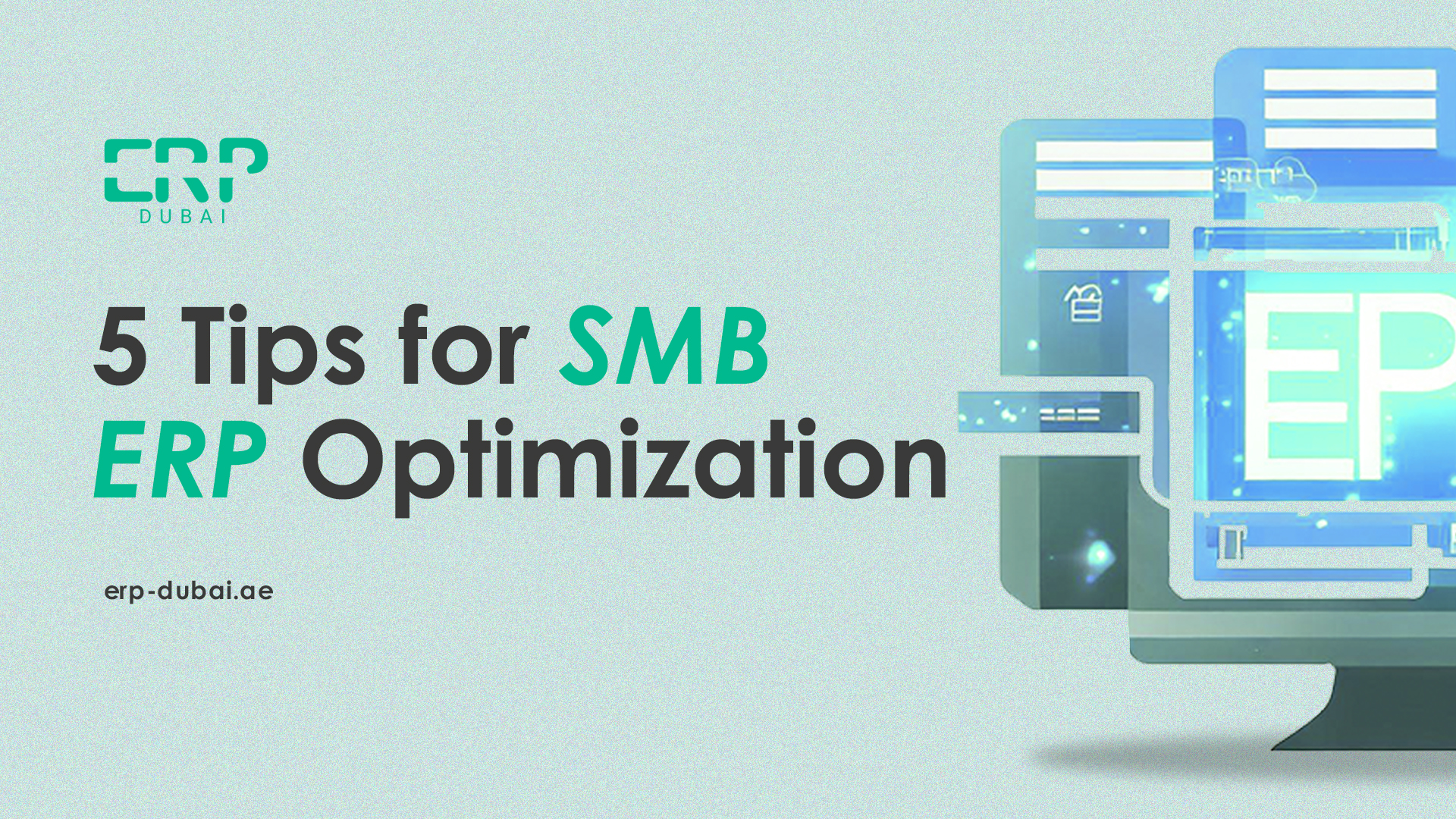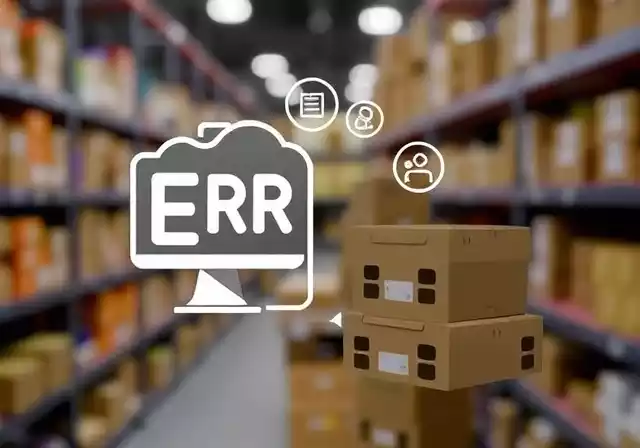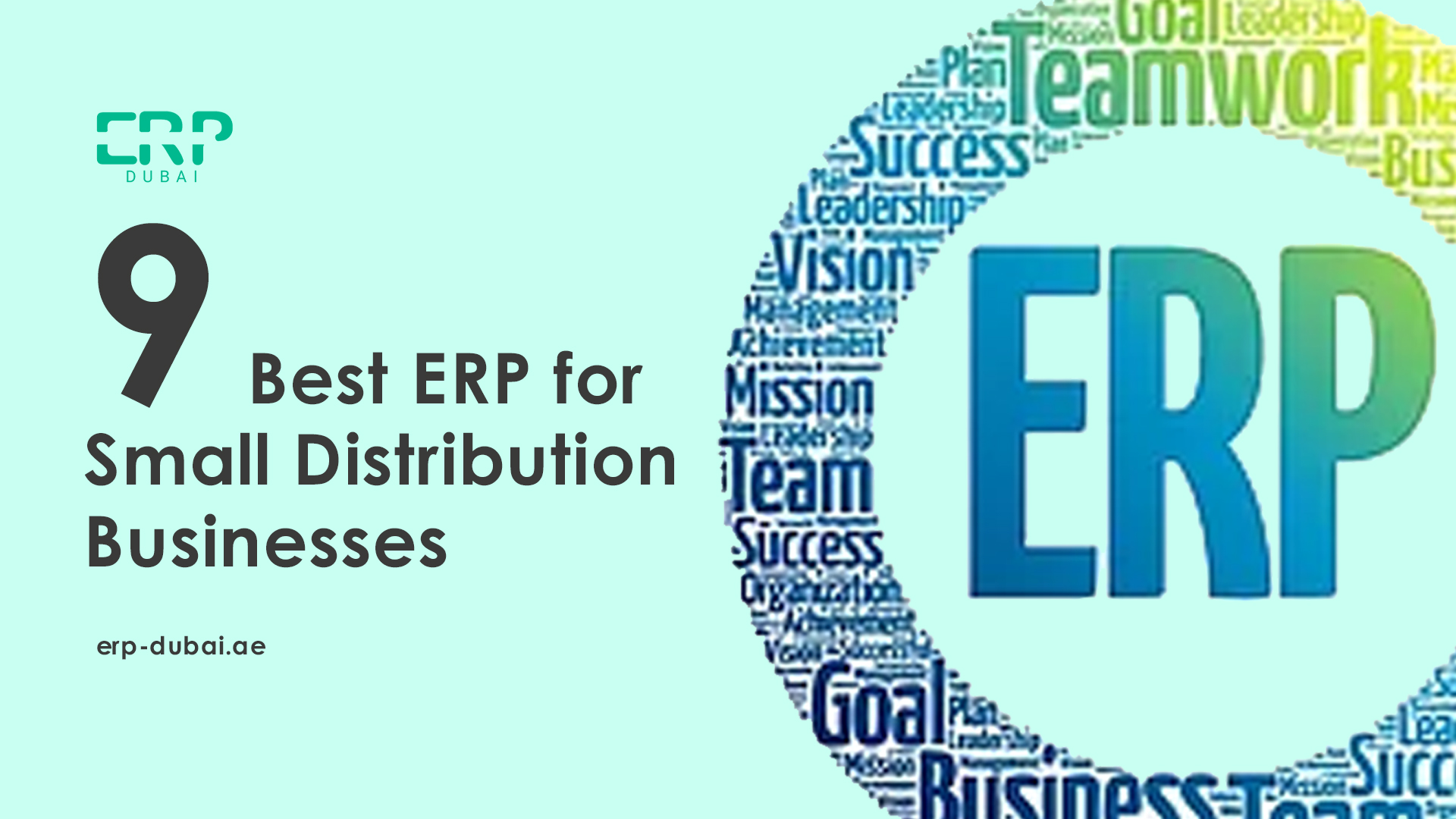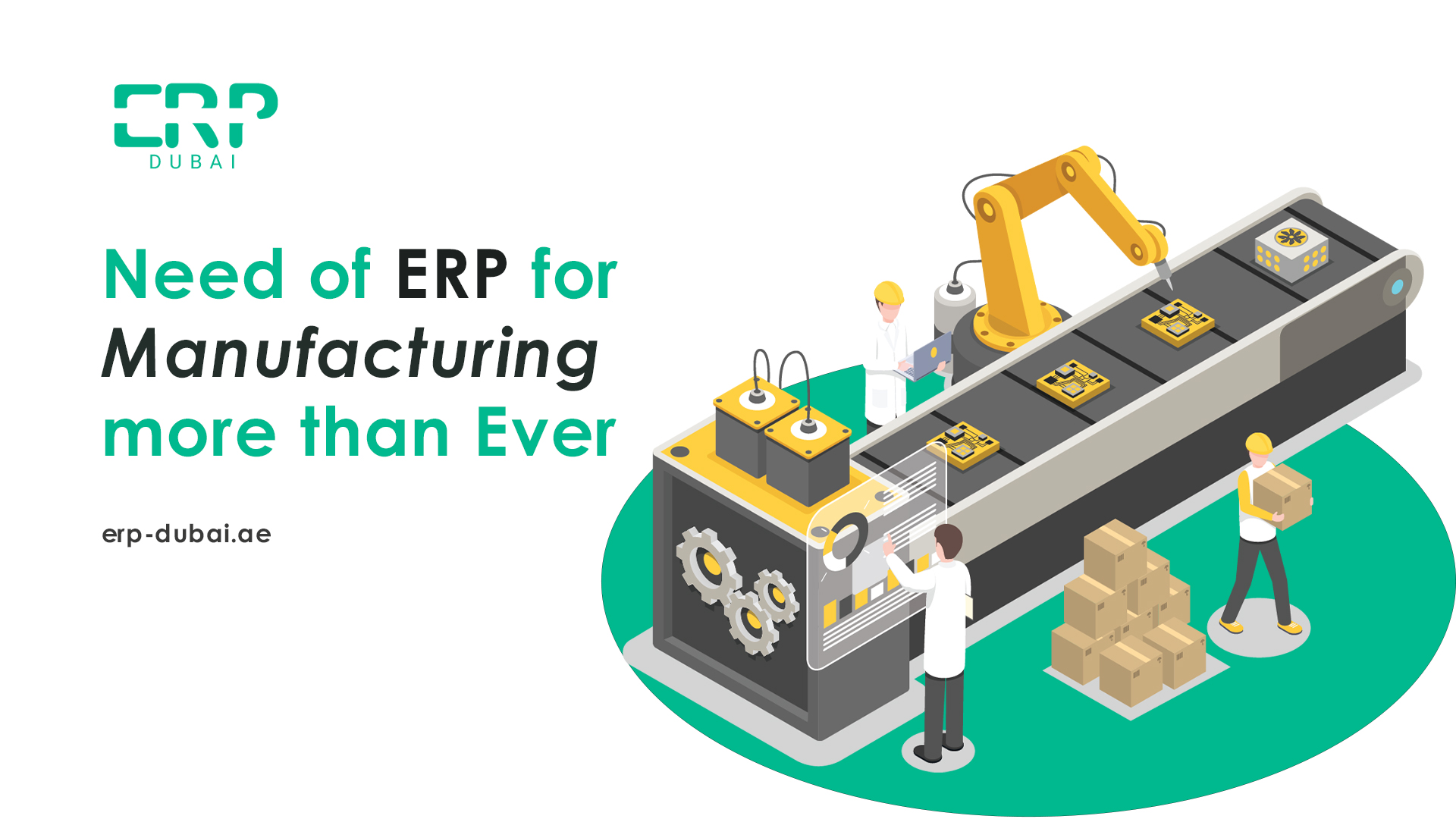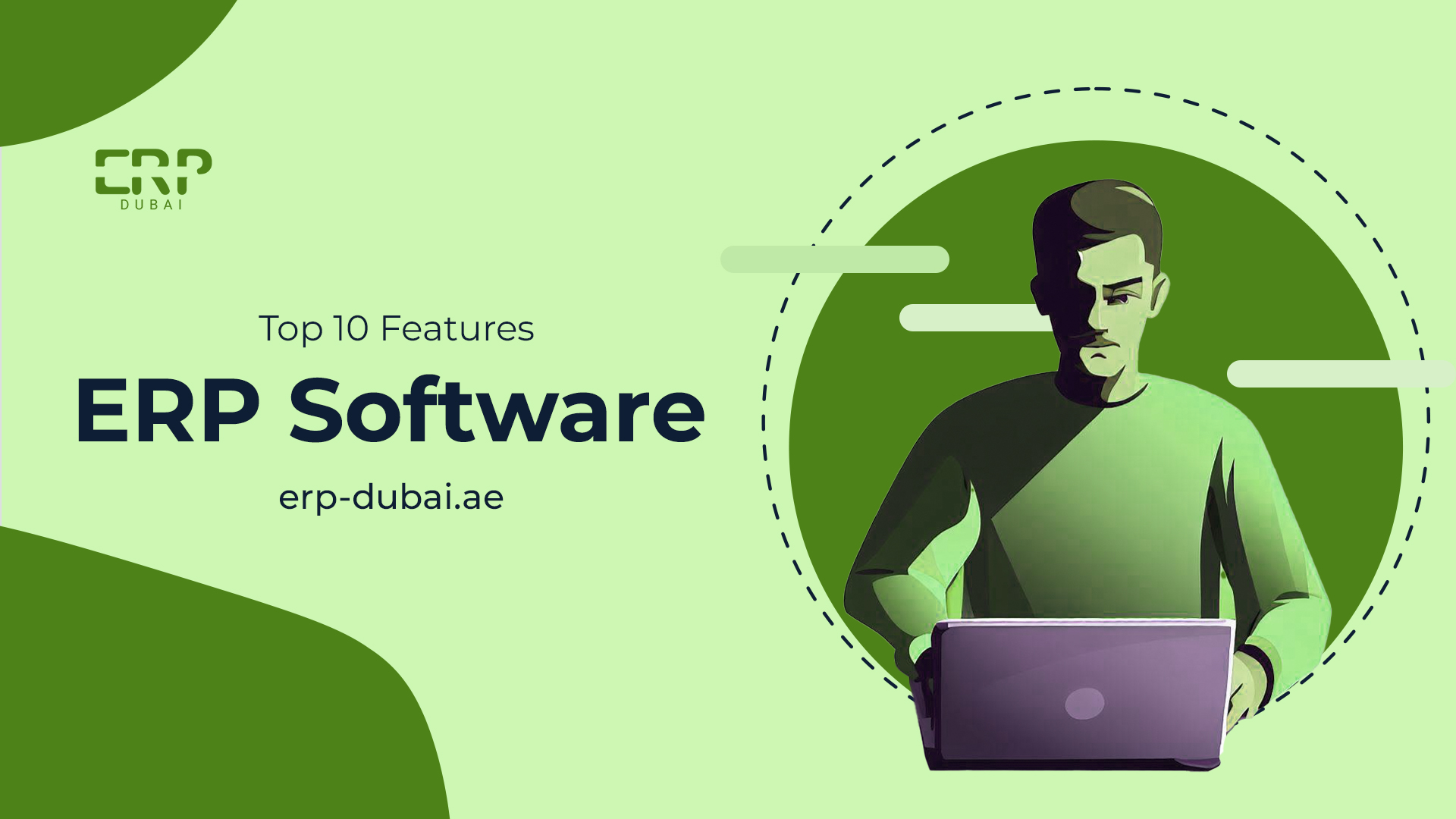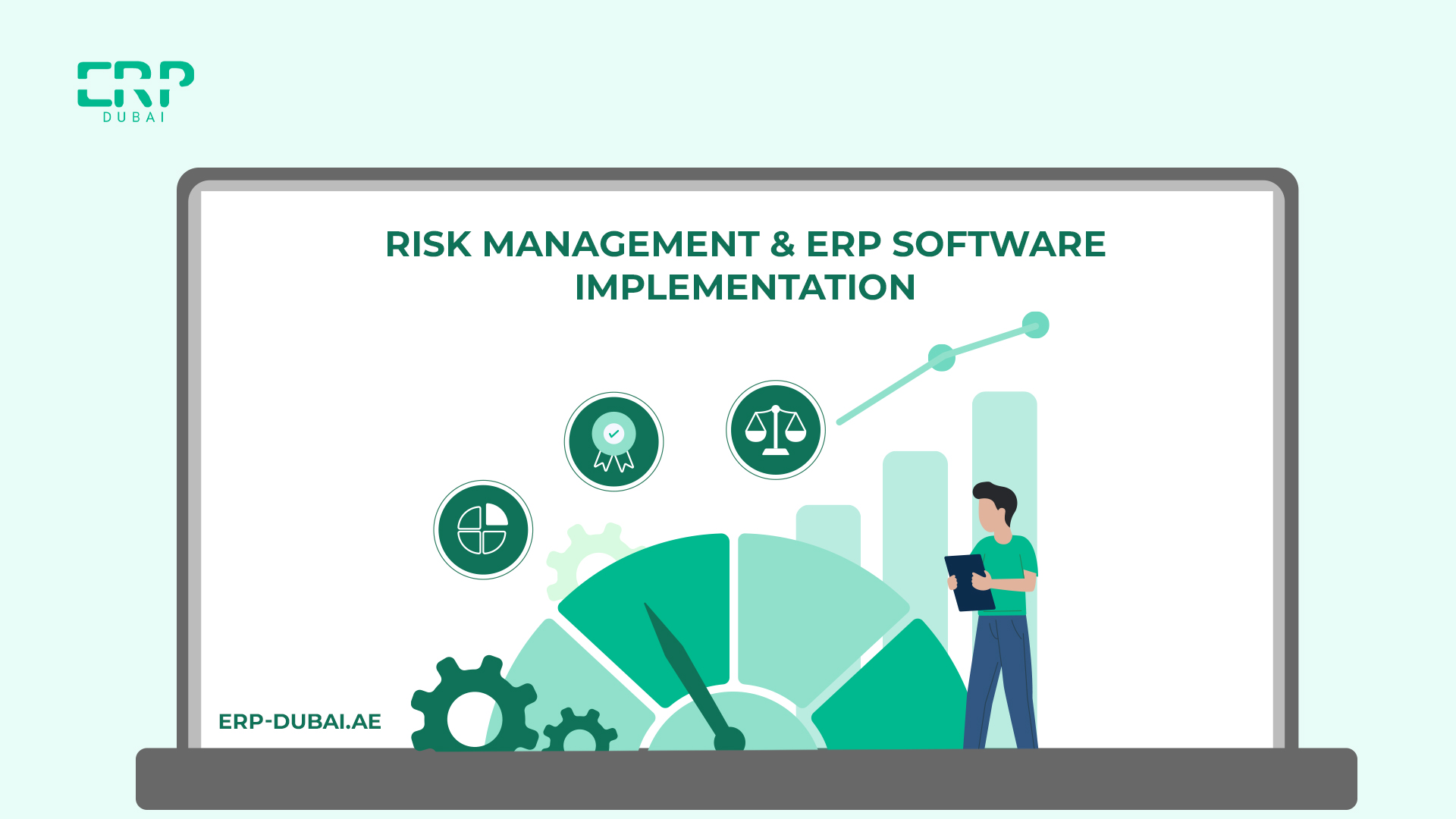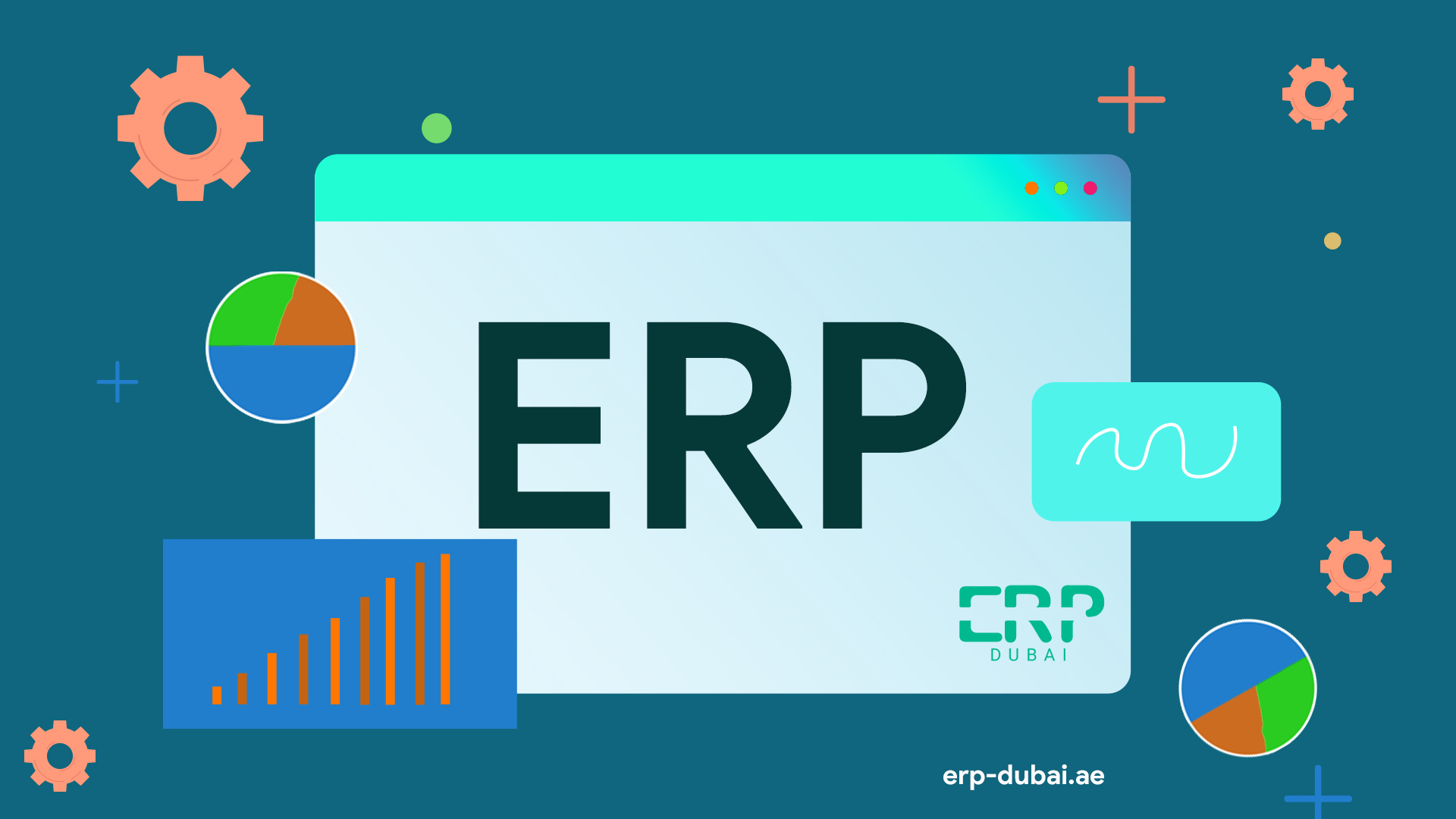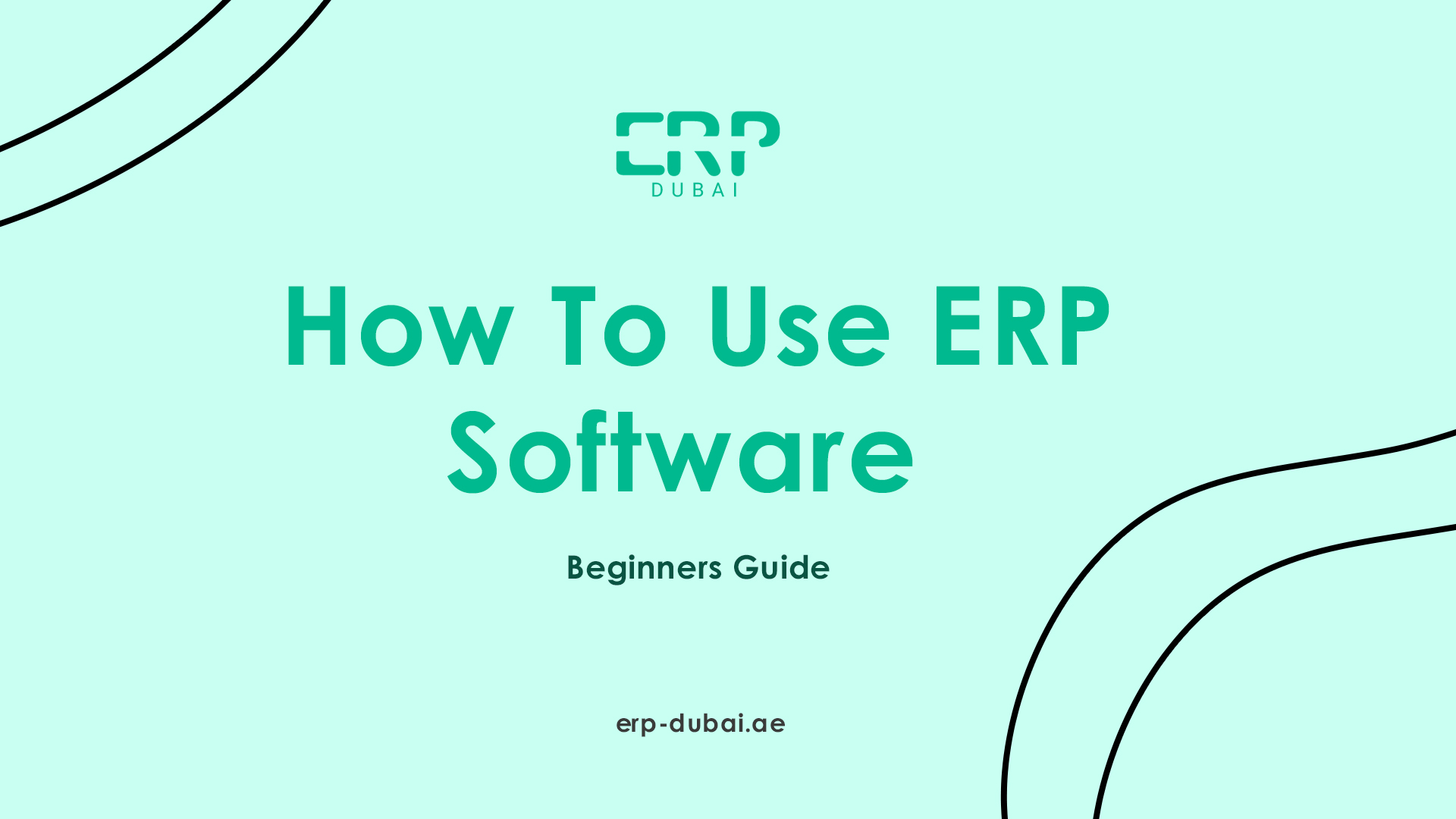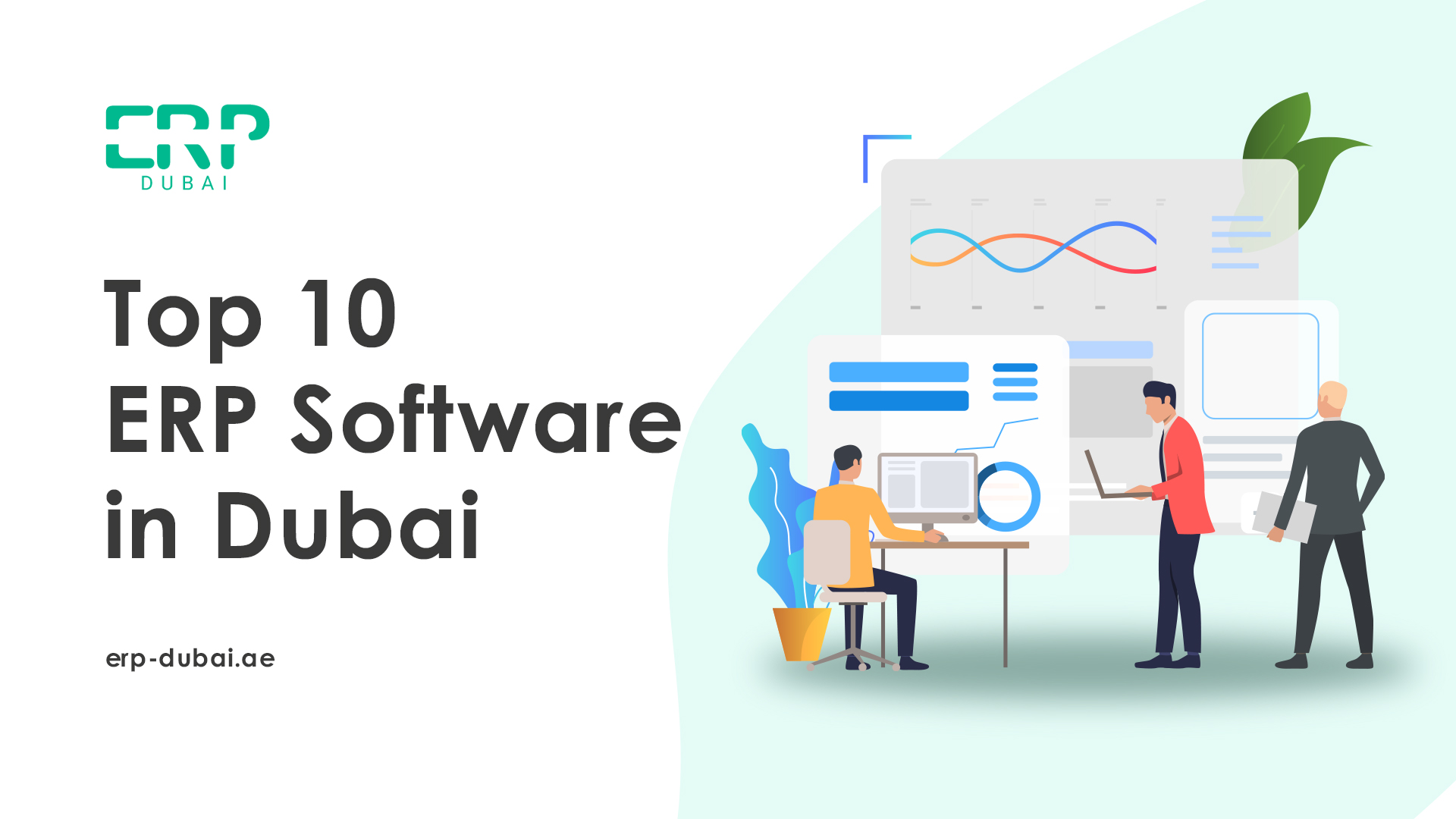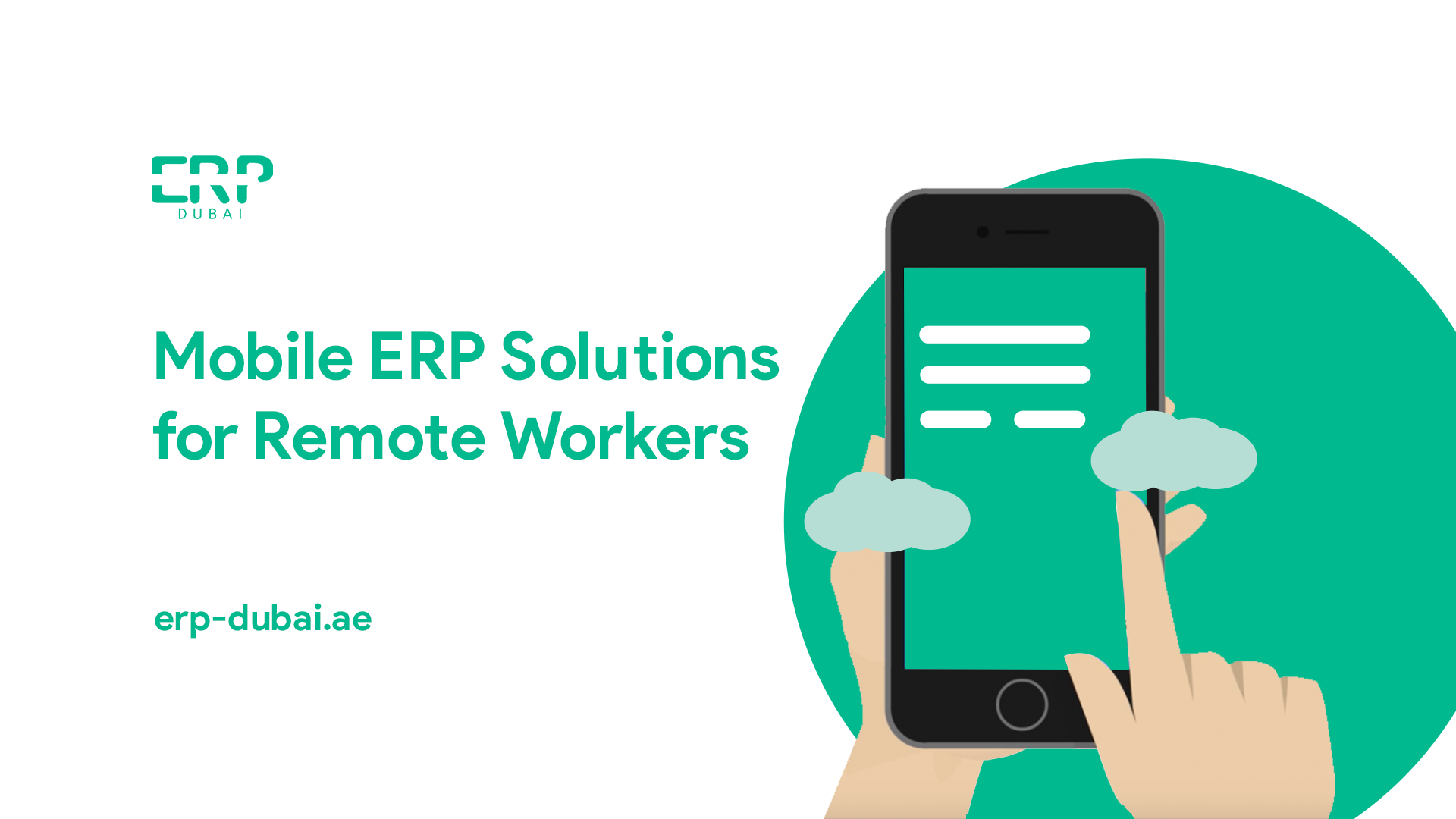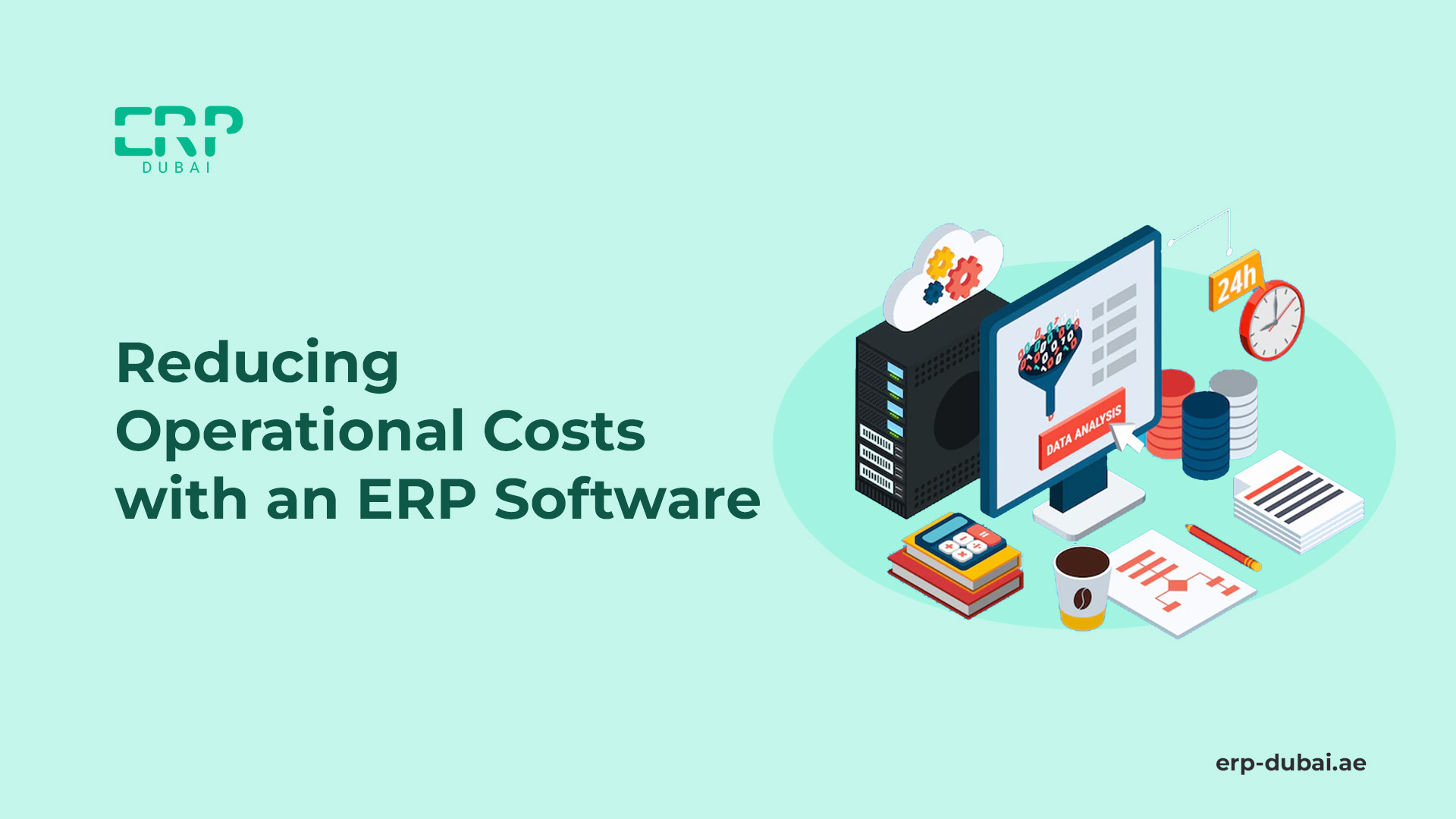No products in the cart.

Fast ERP implementations – is it a Good idea or bad
Software for enterprise resource planning (ERP) has become important for businesses of every size. ERP systems offer a central database for controlling several corporate processes like accounting, inventory, manufacturing, and sales. A properly integrated ERP system can improve decision-making, streamline corporate operations, and boost productivity. However, putting ERP software into place may be a labor-intensive and complicated operation that needs careful preparation and execution. To save time and money, some businesses can tempt to accelerate the process of ERP implementation, but is this a good or bad idea?
We’ll look at the benefits and drawbacks of quick ERP implementations in this blog post.
What is fast ERP implementation?
As the term suggests, fast ERP implementation refers to the quick implementation of an ERP system. This strategy frequently neglects some of the key implementation process elements, including customization, data migration, testing, and training. Fast implementations of ERP software aim to have the system operational as soon as possible, typically in a matter of weeks or months.
Pros of fast ERP implementation
Companies usually seek new systems “immediately” when they believe they need them. When they begin to speak with vendors, independent consultants, and business partners, realistic timetables start to take shape. System providers that can assert that they can give fast implementations have a distinct advantage in the sales process.
It might be hard to implement a new system, but many would argue that with quick implementation, the suffering ends sooner! Regardless of how the project comes out, even a year is a long time. As a result, the sooner the system is in place, the lower the chance of enthusiasm burnout.
Let’s look at a few points:
Cost saving:
Saving money is one of the biggest advantages of the rapid implementation of ERP software. Businesses can save money on implementation expenditures such as consulting fees, customization, training, and support since the implementation process is shortened.
Rapid system deployment:
By having a quick ERP implementation, businesses may use the system more immediately and begin benefiting from it more quickly. This may be crucial for small businesses that must quickly expand.
Flexible:
Fast implementation of ERP software can be a flexible strategy, especially for companies with limited finances or resources. Businesses can pick the modules they require and gradually add more features as they become necessary.
Cons of fast ERP implementation
There is a loss of the opportunity to assess where the company is and where it wants to go in the future because it takes time.
Similarly to this, new opportunities and capabilities offered by new systems are not looked into or analyzed for the risk of delaying things.
Ironically, many of the businesses that use this strategy eventually claim that switching to a “new” system hasn’t brought them much value.
Companies must be aware that focusing on a deadline can lead to going live too soon with insufficient training and testing, for example (of software, procedures, and people).
Additionally, the individuals in charge of developing it had to start before they fully understood how to utilize it. New data to support new capabilities may not have been configured properly and may not have been adequately cleansed.
Limited customizations:
Since quick ERP software implementation skips some essential steps, including modification, businesses risk getting a system that doesn’t match their particular requirements. Later on, this may result in inefficiencies and higher expenses.
Poor data migration:
Moving data from the old system to the new one is a crucial stage in the implementation process. This stage is sometimes ignored or rushed in fast ERP implementations, which may cause data loss or inaccuracies.
Poor testing:
Fast implementation of ERP tools sometimes skips or shortens the testing phase. It can lead to software flaws, performance problems, and system breakdowns. Insufficient testing might result in more downtime, lost production, and customer dissatisfaction.
Limited training:
Another important phase that is sometimes skipped in fast ERP tool implementation is training. Untrained employees may not know how to utilize the system correctly. It could lower productivity and increase the risk of errors.
Short-term approach:
Fast ERP implementation is a short-term strategy that could result in long-term issues. Without effective planning and execution, businesses may struggle to achieve their goals. They may need additional funding to address problems that arise.
Conclusion
By having consultants around for less time, a fast implementation lowers consulting costs. A last point is that the majority of businesses that purchase ERP systems are not in the business of implementing ERP tools, and they typically believe that the sooner they can finish the work, the sooner they can completely concentrate on their core business operations.
In certain situations, such as for small businesses that must quickly scale up or for those with limited funds, a quick ERP tool implementation may be a good choice. Businesses must be mindful of the hazards of fast ERP implementation, including the lack of customization, poor data migration, insufficient testing, and inadequate training. Businesses may avoid these risks in the long term and enjoy the full rewards of an ERP system by taking the time to design and carry out a thorough ERP implementation process. Before choosing a rapid ERP tool implementation, it is necessary that you carefully assess your company’s needs and risks.


